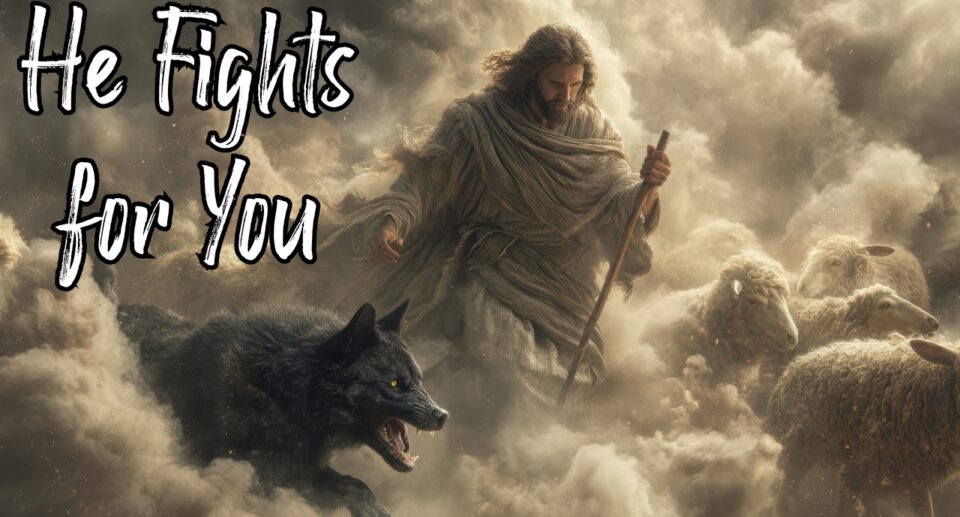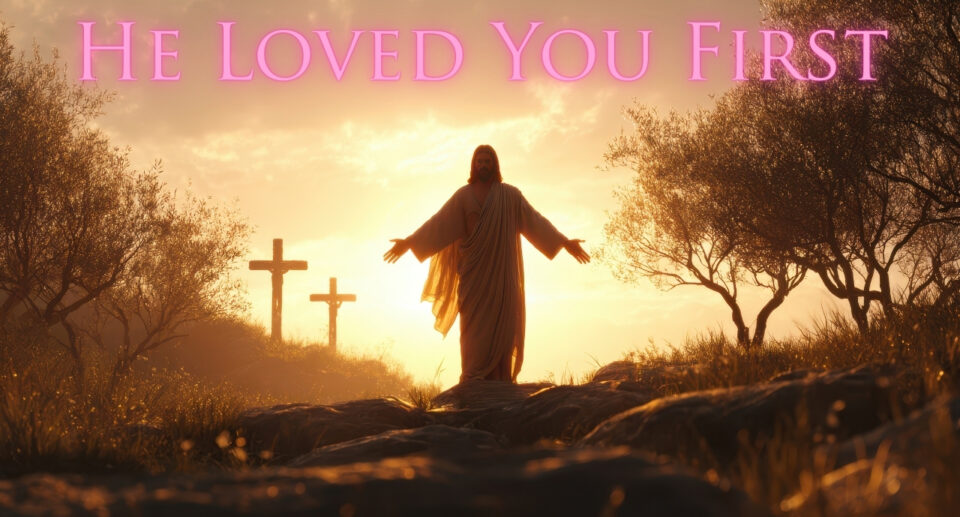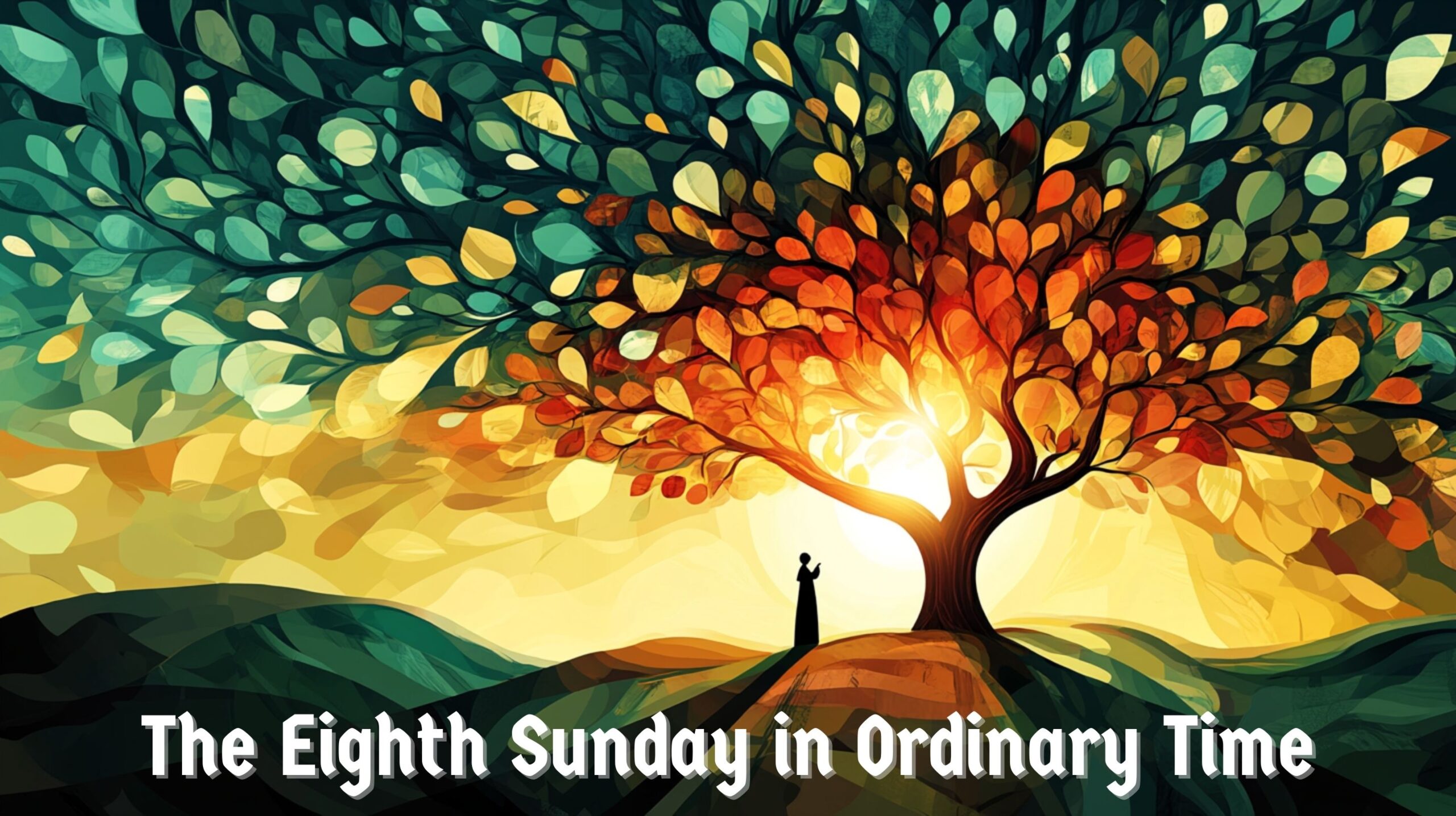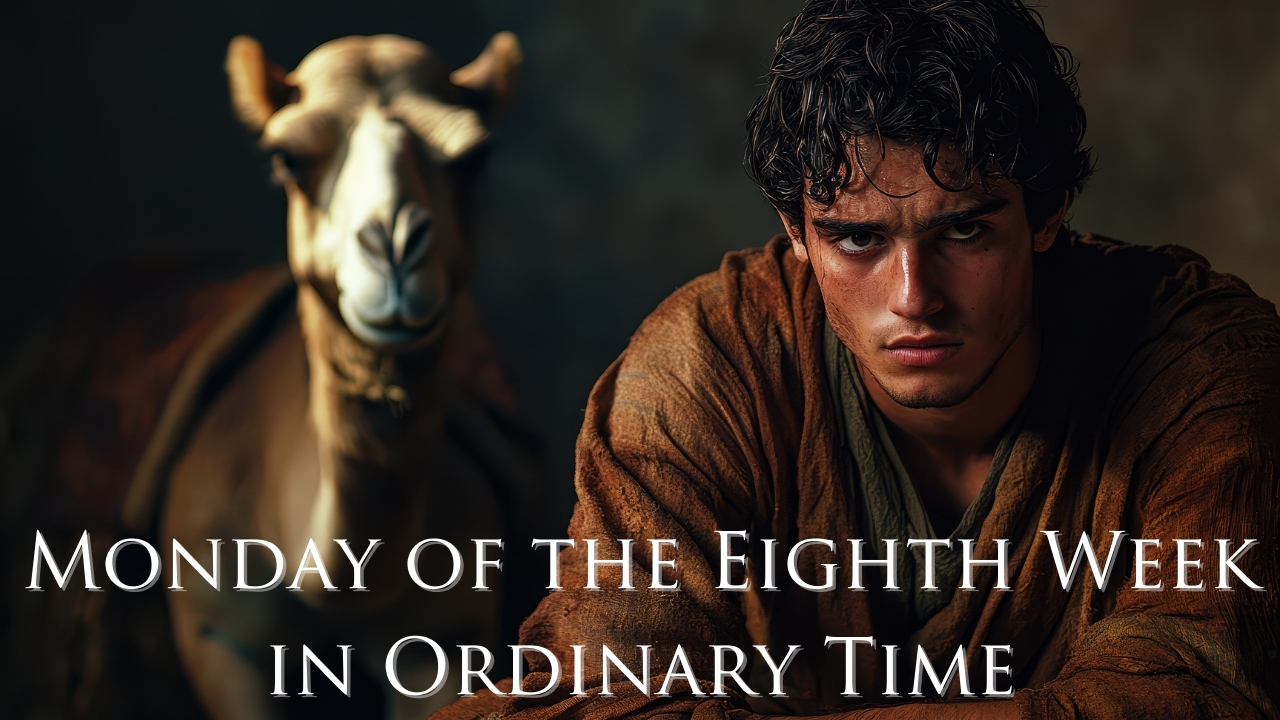Born of Many Nations: Finding Home in God’s Voice | Daily Readings | May 13, 2025
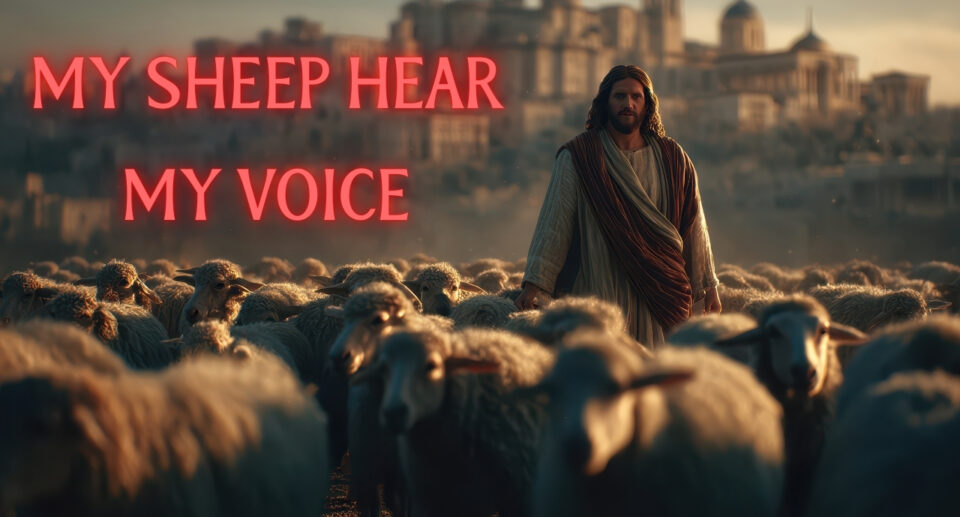
May 13, 2025 – Daily Catholic Lectionary Readings for Tuesday of the Fourth Week of Easter.
Experience the revolutionary moment when followers of Jesus were first called “Christians” in cosmopolitan Antioch. Discover how this boundary-crossing community redefined belonging based not on ethnicity, geography, or family lineage, but on recognizing the Shepherd’s voice. Journey from scattered believers to a movement that transcends traditional divisions.
This cinematic reflection explores:
- How the persecuted church expanded beyond cultural boundaries after Stephen’s martyrdom
- Why Barnabas recognized divine grace at work among unexpected people and places
- The astonishing vision of Psalm 87 where former enemies become native citizens of Zion
- What it means to find security not in walls but in the Shepherd’s unbreakable grasp
Readings covered: Acts 11:19-26; Psalm 87:1b-3, 4-5, 6-7; John 10:22-30
Perfect for anyone navigating cultural differences, questioning where they truly belong, seeking to understand Christian identity beyond borders, or wondering how to maintain unity amid diversity.
#CatholicDailyReadings #BibleStudy #EarlyChurch #ChristianIdentity #BoundaryBreaking #PsalmMeditation #GoodShepherd #AntiochChristians #TuesdayReflection #BarnabusAndSaul
Born of Many Nations: Finding Home in God’s Voice
The streets of Antioch bustled with life. Half a million people from across the empire collided in this third-largest city of the Roman world. Merchants shouted in a dozen languages. Romans, Greeks, Syrians, Jews – all living separate lives in the same crowded space.
Into this chaos came refugees – Jews who followed Jesus, fleeing persecution after Stephen’s stoning in Jerusalem. At first, they kept to themselves, speaking only to other Jews about this Messiah.
But then something unexpected happened. Our reading tells us: “Now those who were scattered because of the persecution that took place over Stephen traveled as far as Phoenicia, Cyprus, and Antioch, and they spoke the word to no one except Jews. But among them were some men of Cyprus and Cyrene who, on coming to Antioch, spoke to the Hellenists also, proclaiming the Lord Jesus.”
The boundary was crossed. These unnamed believers began speaking to Greek-speaking Gentiles. The message that had been confined to Jewish communities now spilled over established borders. And the results were immediate: “The hand of the Lord was with them, and a great number became believers and turned to the Lord.”
“And it was in Antioch that the disciples were first called ‘Christians.'”
This wasn’t a name they chose for themselves. In this cosmopolitan city, where labels helped make sense of the chaos, a new one emerged. Christians. Christ-followers. A term acknowledging something unprecedented – people from radically different backgrounds finding common identity in a Jewish Messiah.
The Jerusalem church sent Barnabas to investigate. A Cyprus-born Jew, he already lived between worlds. What does he see in Antioch? Not corruption or compromise, but “the grace of God.” He recognizes authentic faith breaking beyond traditional boundaries.
Barnabas doesn’t try to control this boundary-crossing movement. Instead, he seeks out Saul and brings him to Antioch. Together they spend a year teaching in this unlikely place where the gospel first leaped cultural divides.
The psalm offers an even more audacious vision. Imagine Jerusalem’s registry of citizens being opened, and there, listed as native-born, are people from Egypt and Babylon – nations that had enslaved and exiled Israel. There too are Philistia, Tyre, and Ethiopia – traditional enemies and rivals. All recorded not as conquered subjects or tolerated foreigners, but as citizens by birth. “This man was born there.”
The culmination? “My home is within you.” Former enemies discovering shared citizenship, shared belonging, shared home.
In the Gospel, the setting shifts to Jerusalem during Hanukkah – the Festival of Dedication celebrating Jewish resistance to forced Hellenization. As Jesus walks in Solomon’s Portico, people demand: “If you are the Messiah, tell us plainly.” They want a clear label, a distinct category.
Jesus responds by speaking of sheep who recognize his voice. Not sheep defined by fold or breed, but by relationship – their ability to distinguish his voice amid competing claims. “My sheep hear my voice; I know them, and they follow me.”
What ties these readings together? Each challenges the assumption that identity comes primarily from birth, culture, or heritage. Each suggests a more revolutionary source of belonging – recognition of a voice, response to a call, relationship that transcends traditional boundaries.
We live in a world obsessed with boundaries. The compulsion to separate “us” from “them” feels almost primal. Yet in these readings, we glimpse another way. In Antioch, a community emerged that couldn’t be defined by traditional categories. In the psalm, enemies become family. In Jesus’ words, belonging comes through recognition, not classification.
Every day, we face moments of choice. When someone from a different background shares their struggles. When we encounter people whose experiences are nothing like our own. Do we retreat to the safety of familiar boundaries? Or do we, like those unnamed believers from Cyprus and Cyrene, risk speaking across divides?
The voice still calls. The question is whether we’ll recognize it amid the competing sounds of identity. The voice that spoke in Antioch still speaks in our workplaces, neighborhoods, and families.
Christians. Christ-followers. Not a label that separates us from others, but a recognition that our fundamental identity comes from the One whose sheep hear his voice, regardless of which fold they came from.

